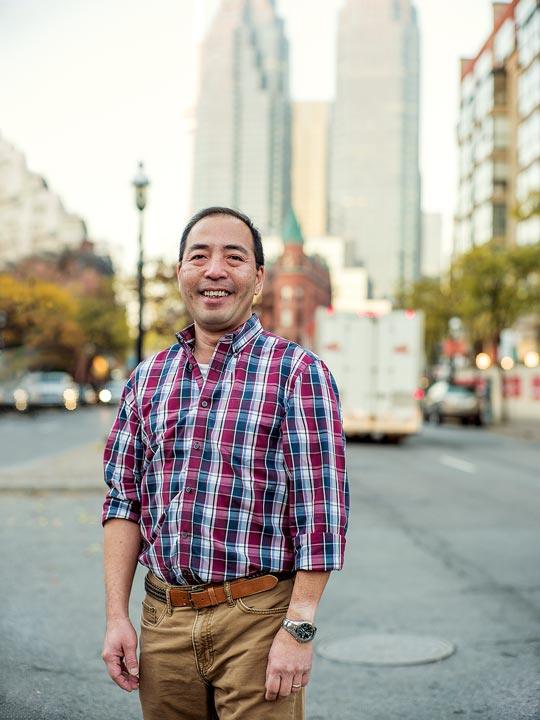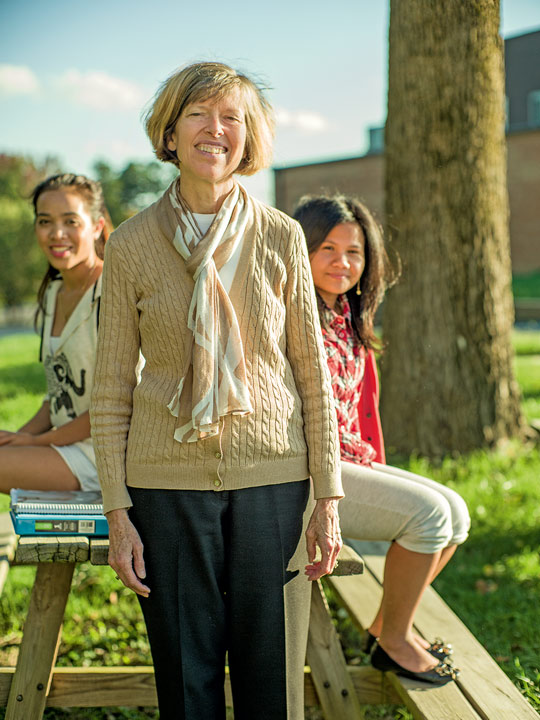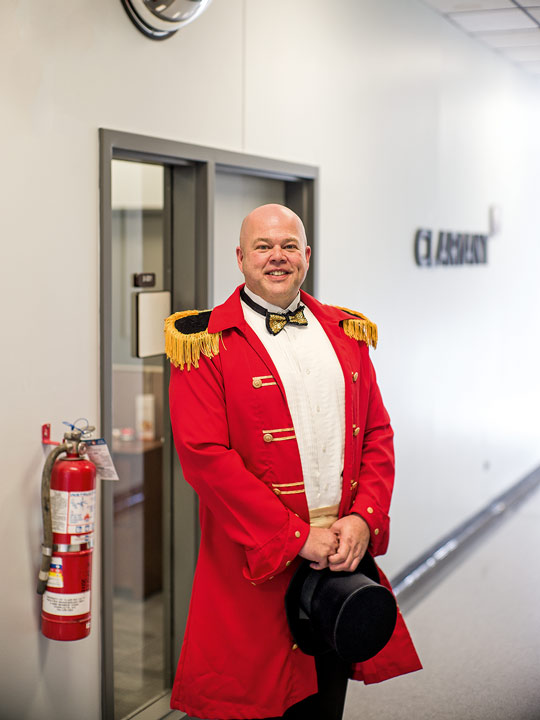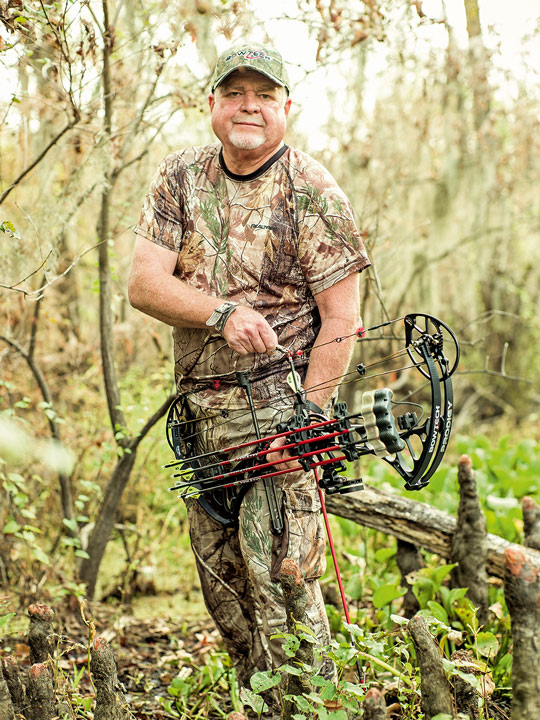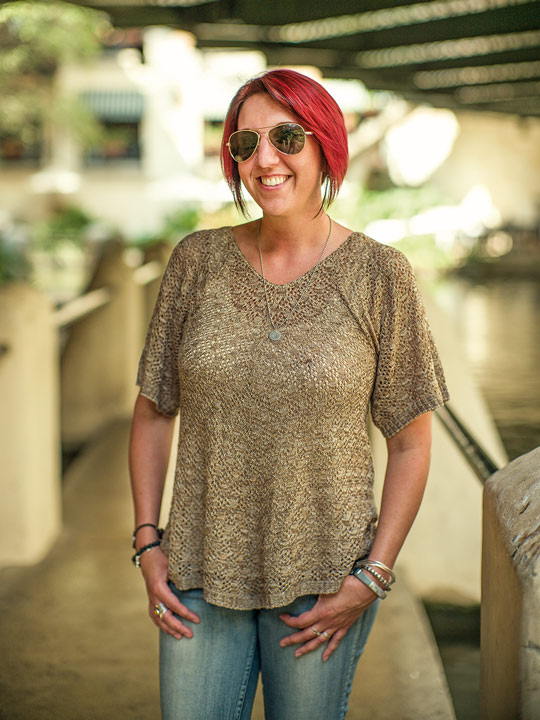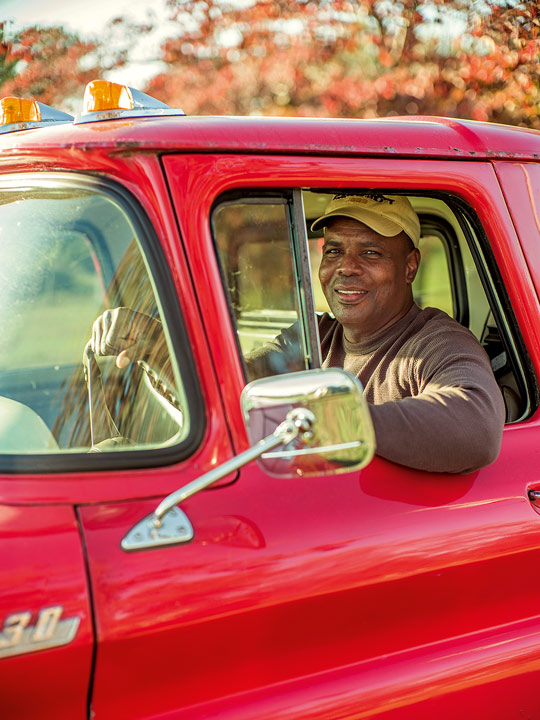I grew up in a family of firefighters and police officers and I also have some of that in my blood. In my work, I become a go-to person for most areas I touch. If someone falls down at a live concert, I’m the one who ends up caring for them. My parents are typical Californians, progressive and environmentally conscious. Being willing to help so that everything turns out okay is a way of life for us.
Mom made her cleaning supplies herself, using mostly vinegar for them. I think I inherited this mind-set that you can do a lot of things for yourself. At college though, I took the easy way out and just did like everyone else. But once I was out on my own, I was reminded of what I was taught while growing up. Today, I also make a lot of things myself: hair products, lotions, deodorants, and lip balm. My husband and I try to live as organically as possible. We buy most of our food from local farms and preserve as much as possible from the last harvest.
After I had my daughter, it became clearer to me how many everyday items we throw away. We spent a lot of money on eco-friendly diapers from overseas, since the childcare center could not use the cloth variety. And we made all her baby food at home and jarred it for storage. Eventually, I’d like to run a childcare center and preschool where the food comes from local farms and all items are reusable. This generation of parents wants sustainable things for their children, which will open up new markets. For these reasons, I am happy to be part of a company that has a vision for sustainability and that provides solutions that have less impact on the environment.
For example in Business Unit Masterbatches, in the beginning, I was teased a bit when I asked if we had any solutions to color bioplastics. Since then, our technical and marketing groups have been working with the producers on solutions in which the plastic is lighter or is biodegradable. It’s also clear in other Business Units, that there is a push to provide more sustainable solutions. So I’m not the only one who cares, and I appreciate that this is being considered by others. It makes the world a better place.


